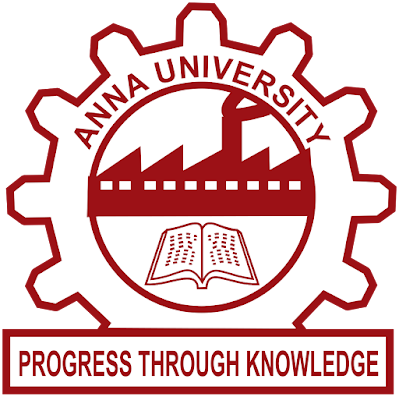OBJECTIVES:
- To enable the students to study the evolution of Management, to study the functions and principles of management and to learn the application of the principles in an organization .
UNIT I INTRODUCTION TO MANAGEMENT AND ORGANIZATIONS
Definition of Management – Science or Art – Manager Vs Entrepreneur - types of managers - managerial roles and skills – Evolution of Management – Scientific, human relations , system and contingency approaches – Types of Business organization - Sole proprietorship, partnership, company-public and private sector enterprises - Organization culture and Environment – Current trends and issues in Management.
UNIT II PLANNING
Nature and purpose of planning – planning process – types of planning – objectives – setting objectives – policies – Planning premises – Strategic Management – Planning Tools and Techniques – Decision making steps and process.
UNIT III ORGANISING
Nature and purpose – Formal and informal organization – organization chart – organization structure – types – Line and staff authority – departmentalization – delegation of authority – centralization and decentralization – Job Design - Human Resource Management – HR Planning, Recruitment, selection, Training and Development, Performance Management , Career planning and management
UNIT IV DIRECTING
Foundations of individual and group behaviour – motivation – motivation theories – motivational techniques – job satisfaction – job enrichment – leadership – types and theories of leadership – communication – process of communication – barrier in communication – effective communication –communication and IT.
UNIT V CONTROLLING
System and process of controlling – budgetary and non-budgetary control techniques – use of computers and IT in Management control – Productivity problems and management – control and performance – direct and preventive control – reporting.
OUTCOMES:
- Upon completion of the course, students will be able to have clear understanding of managerial functions like planning, organizing, staffing, leading & controlling and have same basic knowledge on international aspect of management





No comments:
Post a Comment